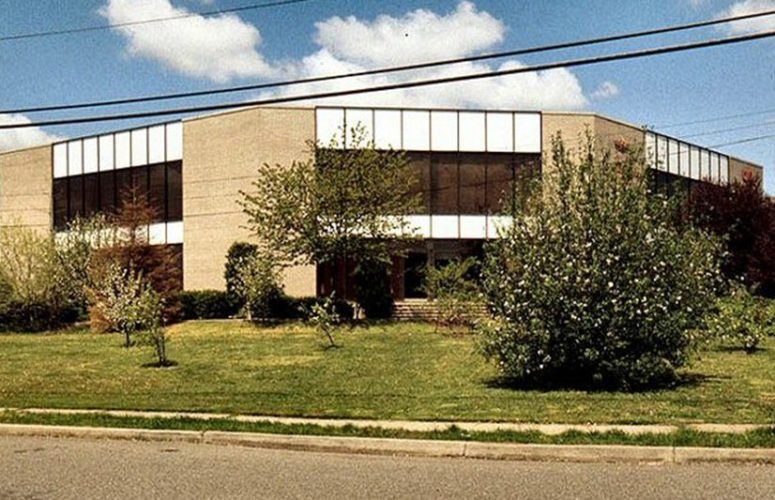
NAIOP NJ Panel Addresses “Healthcare: Rx for Office Vacancies”
Commercial Real Estate Urged to “Educate” Hospital Systems
On Apr 18, 2014Is the ongoing transformation of how and where healthcare services are delivered a possible cure for the tough-to-lease office spaces in New Jersey? A panel of experts recently addressed that question and more in a discussion titled “Healthcare: Rx for Vacancies.” The event was this month’s chapter meeting of NAIOP NJ, the commercial real estate development association, at the Woodbridge Hilton.
“Although the pace of change in the healthcare industry has been dramatic, there are plenty more opportunities for a better outcome if developers, healthcare system decision makers and local officials collaborate on what’s in the best long-term interest of the communities,” said Michael McGuinness, CEO of NAIOP NJ.
Panelists talked about the state of healthcare itself. “These are confusing and murky waters – what’s going on in the market?” asked moderator Jeffrey Prezant of Cushman & Wakefield. “The system looks broken.”
Affordable healthcare and the controversies spawned by “Obamacare” came under scrutiny. “The Affordable Care Act has generated a lot of notoriety,” conceded William Colgan of Community Healthcare Associates. And the big picture is further clouded by industry-wide consolidation: “Hospital groups are acquiring physician practices, resulting in different healthcare plays,” he said. “As a result, services have migrated out of hospitals – which is impacting commercial real estate.”
For the healthcare providers themselves, “facility investment decisions have changed dramatically,” said Robert Flieger of Ernst & Young. “Healthcare is moving more to a ‘hospital without beds’ model, and more hospitals are closing, creating inventory. There is pressure to keep costs down and focus on outpatient care.”
The unprecedented pressure on the cost of healthcare “is really the cost of healthcare insurance,” said attorney Mark Manigan of Brach Eichler. He suggested that “Obamacare could go by the wayside in another election or two. The line between providers and insurance is completely blurring. Hospital systems are reducing their exposure, and the hospital is becoming less important in the health care continuum.”
If vacant office space is the answer for delivering healthcare services, what do commercial real estate professionals need to know? The process begins with regulatory issues – a certificate of need, Department of Health licensing and the like, noted Colgan. “Municipalities are not equipped to grant approvals – the matter gets kicked back to the New Jersey Department of Community Affairs. The result is a time lag of as much as 18 months – the process is long and complicated to get through.”
The issue is further complicated by two factors: Hospitals’ acquisition of physician practices means property owners “are no longer signing leases with individual practitioners,” said Colgan, which adds to the vacancy factor. And because hospitals are shedding services, “there are more opportunities on hospital campuses today.”
Related Articles:





